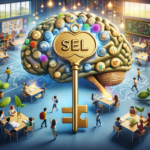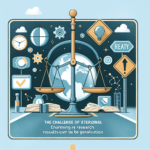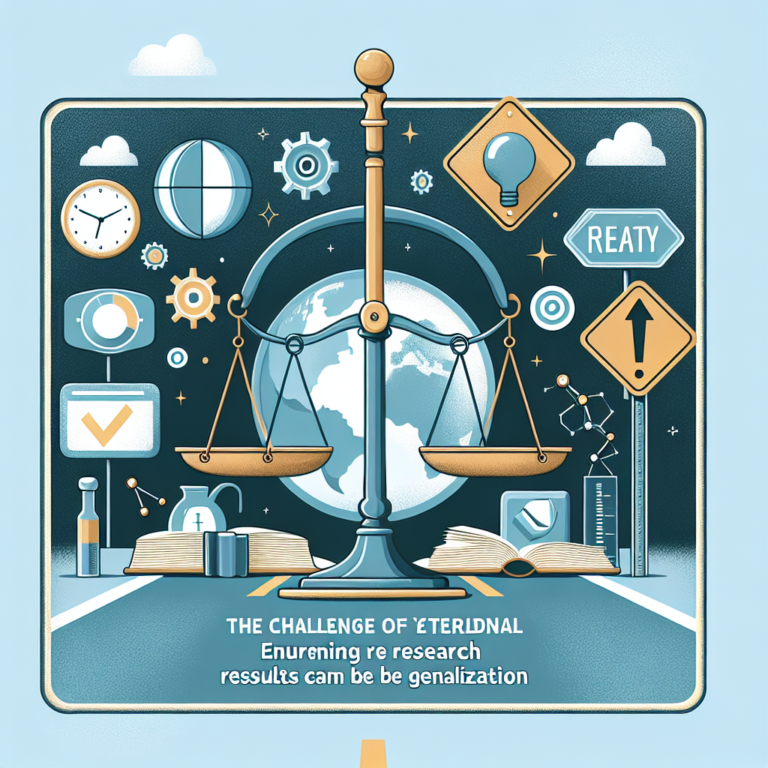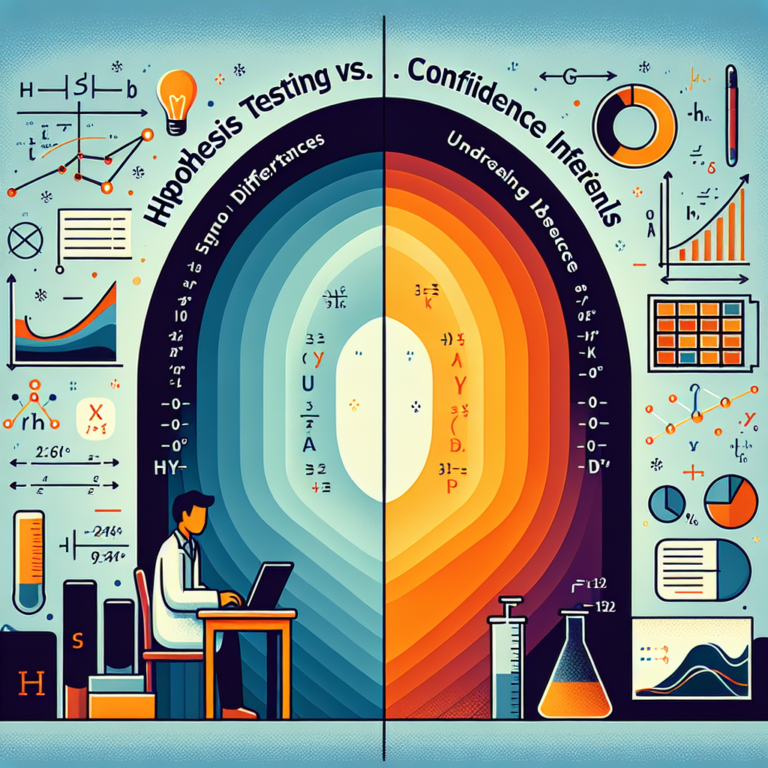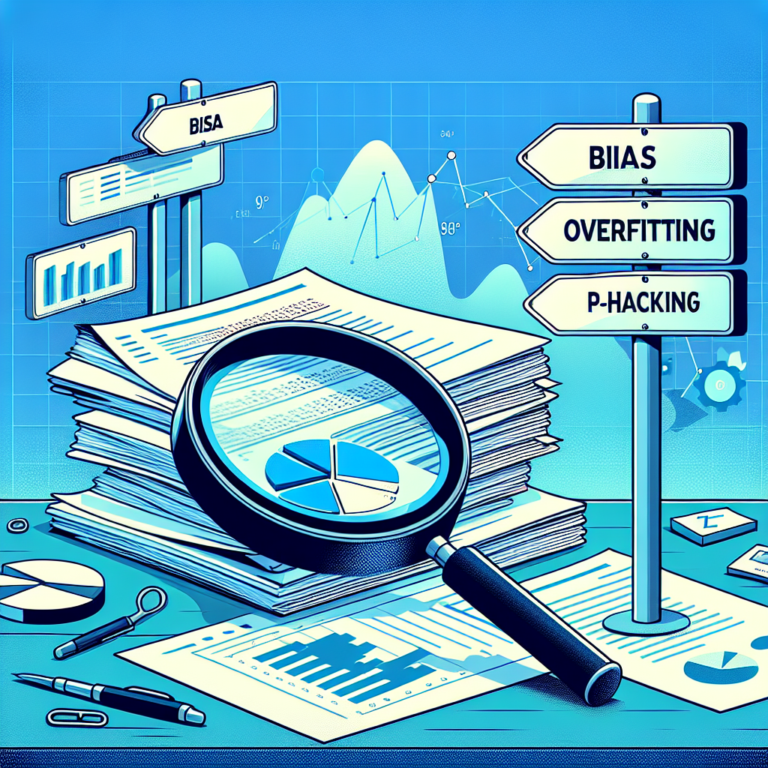
Introduction
In today’s interconnected digital landscape, the way we perceive and interact with one another has undergone a dramatic transformation. The phrase "Social Cognition in the Digital Age: Navigating Online Interactions" encapsulates a crucial aspect of modern psychology—understanding how our social interactions are influenced by digital communication platforms. As we delve deeper into this topic, we uncover the profound implications these online interactions have on our social cognition, emotional intelligence, and even our mental health.
Social cognition refers to the processes through which we think about and understand social situations. In a world where digital devices are pervasive, our social cognition is continually shaped by the online narratives and dynamics we encounter. This article explores how we can effectively navigate online interactions while fostering meaningful relationships, critical thinking, and emotional understanding in the digital age.
The Evolving Landscape of Social Cognition
Defining Social Cognition
Social cognition is a subfield of social psychology focusing on how people process, store, and apply information about others and social situations. This information forms the basis of our interactions, judgments, and decisions in social settings. In the digital context, social cognition takes on new dimensions, influenced significantly by online behavior and interactions.
Digital Interactions vs. Face-to-Face Interactions
Digital interactions have introduced nuances that differ dramatically from traditional face-to-face encounters. A study by the Pew Research Center found that 83% of Americans are online, with social media being one of the most common activities. Unlike in-person interactions, online communication offers both opportunities and challenges. From emojis to GIFs, the nuances of non-verbal communication can often be lost, leading to potential misunderstandings.
| Aspect | Face-to-Face | Digital |
|---|---|---|
| Non-verbal Cues | Rich | Limited |
| Response Time | Immediate | Variable |
| Contextual Understanding | Context-bound | Context independent |
| Emotional Depth | High | Variable |
| Anonymity | Low | High |
The table above illustrates key differences between face-to-face interactions and digital ones, underscoring the complexities of social cognition in online contexts.
The Role of Social Media in Shaping Cognition
Influence of Online Identities
Social media platforms allow individuals to curate their identities, often leading to a phenomenon known as "identity dissonance." Users may present a version of themselves that may not align with their offline persona. This discrepancy can lead to confusion, stress, and ultimately impact interpersonal relationships.
Case Study: The Impact of Instagram on Self-Perception
A study published in Cyberpsychology, Behavior, and Social Networking explored the effects of Instagram on self-perception and social cognition among adolescents. Researchers found that users who engage in frequent comparisons with others’ curated online identities often experience diminished self-esteem. This exemplifies how social cognition in the digital age is deeply impacted by the idealized portrayals of life on social media.
Echo Chambers and Confirmation Bias
The design of social media algorithms can create echo chambers—environments where users are only exposed to viewpoints similar to their own. This leads to confirmation bias, where people favor information that confirms their existing beliefs. Consequently, critical thinking diminishes, affecting social cognition.
Case Study: Political Polarization on Social Media
Research from MIT showed that false news spreads six times faster on Twitter than the truth. This phenomenon underscores how social cognition is distorted in the digital realm, as users reinforce their beliefs through selective exposure. Addressing these biases is crucial for fostering open-minded interactions online.
Challenges to Emotional Intelligence
Reduced Empathy
Digital communication often lacks the emotional cues that enrich face-to-face interactions. This gap can hinder our ability to empathize with others, leading to a decline in emotional intelligence.
Case Study: Empathy and Text-Based Communication
A study in the Journal of Communication found that while text messages facilitate speed and efficiency, they can impede emotional engagement. Participants reported feeling less empathetic toward friends if they communicated primarily through texts rather than phone calls or in-person meetings. This highlights the challenges of social cognition when navigating online interactions.
Anonymity and Disinhibition
The anonymity provided by the internet can lead to disinhibition, where individuals feel free to express themselves without the usual social constraints. While this can empower self-expression, it can also lead to negative interactions such as cyberbullying.
Case Study: Cyberbullying Dynamics
Research conducted by the Cyberbullying Research Center reveals that 34% of students have experienced cyberbullying. The anonymity afforded by digital platforms enables aggressors to target victims without facing immediate social repercussions. This illustrates the darker side of social cognition in the digital age, showing how online interactions can lead to destructive behaviors.
Best Practices for Navigating Online Interactions
Cultivating Online Empathy
To overcome reduced empathy in digital communication, users must actively engage in practices that promote understanding and emotional connection. This includes being mindful of tone and context in online messages and seeking clarification when misunderstandings arise.
Encouraging Authentic Connections
Fostering genuine relationships online is essential for meaningful interactions. Users should prioritize authenticity over idealized portrayals. Sharing vulnerabilities and personal stories can create a more balanced representation of oneself, counteracting the pressures of social comparison.
Critical Consumption of Information
Educating oneself about information literacy is paramount in the digital age. Users should learn to identify credible sources, question biases, and actively seek out diverse perspectives to combat echo chambers and confirmation bias.
Mindfulness in Digital Communication
Incorporating mindfulness into online interactions can enhance emotional intelligence and improve social cognition. Taking a moment to reflect before responding can help individuals navigate their emotions and choose words thoughtfully.
Conclusion
Social cognition in the digital age is an intricate and evolving field that dictates how we navigate online interactions. As we continue to engage predominantly through digital platforms, the significance of understanding our digital selves and the dynamics of online relationships cannot be overstated. By cultivating empathy, prioritizing authenticity, and practicing critical thinking, we can enhance our social cognition in the digital age, positively influencing our interactions and, ultimately, our well-being.
FAQs
1. What is social cognition?
Social cognition refers to the processes through which we think about, analyze, and understand social situations, influencing our behaviors and interactions with others.
2. How do digital interactions differ from face-to-face interactions?
Digital interactions often lack non-verbal cues and can lead to confusion or misunderstandings. They also allow for anonymity, which can affect how people behave online.
3. What are echo chambers, and why are they relevant today?
Echo chambers are environments where individuals are exposed only to information that reinforces their existing beliefs, leading to a lack of critical thinking and increasing polarization on social issues.
4. How can I improve my empathy in digital communication?
Practice mindful communication by reflecting on your tone, seeking clarification when necessary, and actively engaging with others to understand their perspectives better.
5. Why is information literacy important in the digital age?
Information literacy helps individuals discern credible sources, recognize biases, and understand diverse viewpoints, which is vital for constructive online interactions.
Social cognition in the digital age is not just a theoretical endeavor; it requires actionable changes in how we relate to one another online. By consciously navigating our interactions, we can foster a more empathetic and informed digital community, ultimately leading to better relationships and societal harmony.

